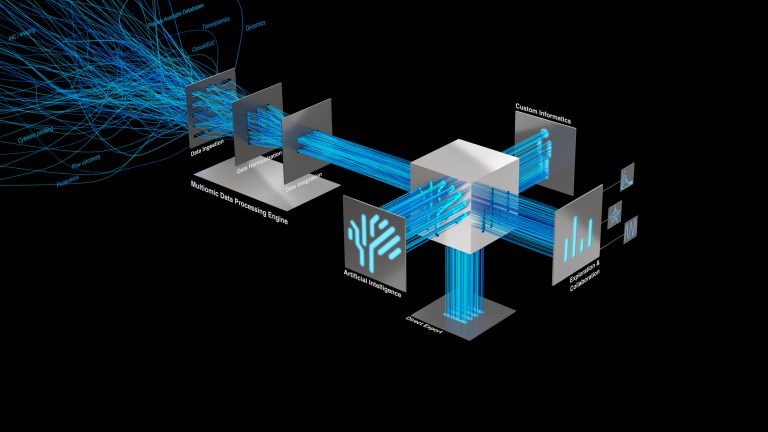
A new type of machine learning that more accurately mimics human learning could speed up drug development, suggests research led by the University of Cambridge.
This new type of artificial intelligence, known as transformational machine learning, is able to learn from problem solving and also improve its own performance while learning.
While all types of machine learning can ‘learn’ from past experience in some way, more standard systems are fairly simplistic. “It’s sort of like teaching a child to identify different animals: this is a rabbit, this is a donkey and so on,” said Ross King, a professor from Cambridge’s Department of Chemical Engineering and Biotechnology, who led the research, which is published in the Proceedings of the National Academy of Sciences.
“If you teach a machine learning algorithm what a rabbit looks like, it will be able to tell whether an animal is or isn’t a rabbit. This is the way that most machine learning works – it deals with problems one at a time.”
Transformational machine learning is a bit different. It more accurately mimics the human learning experience of learning multiple things at once and applying them to solve new problems.
“To develop transformational machine learning, we applied this approach to machine learning, and developed a system that learns information from previous problems it has encountered in order to better learn new problems,” said King in a press statement.
“Where a typical machine learning system has to start from scratch when learning to identify a new type of animal – say a kitten – transformational machine learning can use the similarity to existing animals: kittens are cute like rabbits, but don’t have long ears like rabbits and donkeys. This makes transformational machine learning a much more powerful approach.”
The research team, which also included scientists from The Netherlands and India, tested the ability of their new system at solving a variety of scientific problems in comparison to standard machine learning. These included drug design, predicting gene expression and selection of machine learning algorithms.
King and colleagues found that transformational machine learning improved most machine learning methods, by 4–50%, and was particularly good at speeding up drug design.
Older types of machine learning are already being used fairly extensively to help design new drugs. This new system was able to connect drug target specificity, the relationships between drugs and the relationships between target proteins more quickly and effectively than standard machine learning algorithms.
“Transformational machine learning leads to an ecosystem-based approach to machine learning, where new tasks, examples, predictions, and so on synergistically interact to improve performance,” write the authors.
“I was surprised how well it works – better than anything else we know for drug design,” said King. “It’s better at choosing drugs than humans are – and without the best science, we won’t get the best results.”
The authors now plan to continue their research in this area. To better enable wider research and reproducibility, they have openly published their datasets, methods and code on the Open Science Platform.













